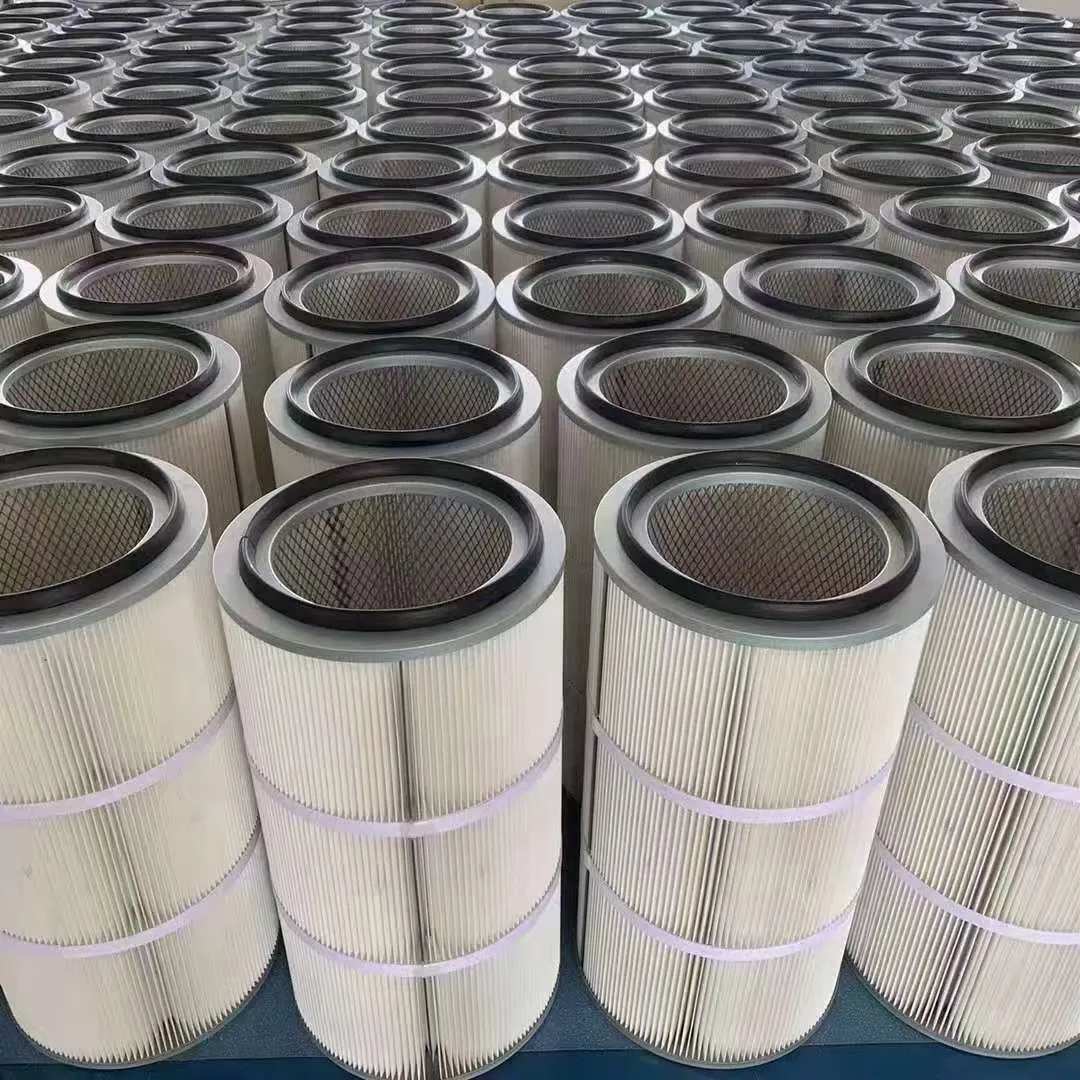 Tel:
+8615930870079
Tel:
+8615930870079
Dez . 21, 2024 17:21 Back to list
High Efficiency Dust Filter Cartridge for Enhanced Air Quality and Protection
The Importance of Dust Filter Cartridges in Industrial Applications
In today's industrial landscape, maintaining a clean and safe working environment is paramount. One of the critical components in achieving this goal is the use of dust filter cartridges. These cartridges play a vital role in air quality management, protecting both equipment and human health from the harmful effects of dust and particulate matter. This article will explore the function, types, and benefits of dust filter cartridges and their significance in various industrial applications.
Understanding Dust Filter Cartridges
Dust filter cartridges are filtration devices designed to capture and retain dust particles and other airborne contaminants. They are commonly used in various industries, including manufacturing, pharmaceuticals, food processing, and construction. The cartridges are typically cylindrical or conical in shape and are made from a variety of materials, including synthetic fibers, fiberglass, and metal mesh, depending on the application requirements.
The basic working principle involves the air being drawn through the cartridge, which captures dust particles on the filter media. As the dust accumulates, the efficiency of the filter can initially improve due to the formation of a dust cake. However, the filter will eventually reach its capacity, necessitating replacement or cleaning to maintain optimal performance.
Types of Dust Filter Cartridges
There are several types of dust filter cartridges, each designed for specific applications
1. Pleated Filter Cartridges These cartridges feature a pleated design that increases the surface area available for filtration. They are effective for capturing fine dust particles and can handle higher airflow rates.
2. Baghouse Filters Typically used in large industrial settings, baghouse filters consist of multiple fabric bags that collect dust as air flows through them. They can be used in high dust concentration environments and are efficient for large volumes of air.
3. HEPA Filters High-Efficiency Particulate Air (HEPA) filters can trap 99.97% of particles that are 0.3 microns in size. These are often required in sensitive environments like cleanrooms, laboratories, and food manufacturing.
dust filter cartridge

Benefits of Using Dust Filter Cartridges
Implementing dust filter cartridges in industrial operations offers several benefits
1. Improved Air Quality By effectively removing airborne contaminants, dust filter cartridges contribute to cleaner air in the workplace. This is crucial for the health and safety of employees, reducing the risk of respiratory issues and other health problems associated with poor air quality.
2. Enhanced Equipment Longevity Dust accumulation can lead to equipment wear and tear. By reducing the amount of dust in the environment, filter cartridges help extend the service life of machinery and infrastructure, resulting in significant cost savings over time.
3. Regulatory Compliance Many industries are subject to strict regulations regarding air quality and dust emissions. Utilizing high-quality dust filter cartridges can help businesses meet these standards, avoiding fines and legal issues.
4. Operational Efficiency Clean air filters lead to more efficient operations. When machinery works in cleaner environments, it functions more effectively, leading to improved productivity and reduced downtime.
Conclusion
Dust filter cartridges are an indispensable component in maintaining air quality across various industrial sectors. As businesses increasingly prioritize the health of their employees and the longevity of their equipment, the demand for effective dust filtration solutions continues to grow. With advancements in filtration technology, industries now have access to a diverse range of options tailored to their specific needs. By investing in high-quality dust filter cartridges, companies not only protect their workforce and equipment but also contribute to a greener and more sustainable industrial future. Implementing these filtration systems is not just a regulatory requirement but a commitment to health, safety, and operational excellence.
-
Types and Applications of Air Filtration CartridgesNewsJul.28,2025
-
The Role of Gas Turbine FiltersNewsJul.28,2025
-
Mastering Air Filter Cartridge UseNewsJul.28,2025
-
Advanced Turbine Filters for Modern Gas TurbinesNewsJul.28,2025
-
Cellulose Air Filter Cartridge Advantages in Dust FiltrationNewsJul.28,2025
-
Cellulose Filters for Air Particle ReductionNewsJul.28,2025

 Email:
Email:





